‘Economic violence’: inequality gap widens as billionaires cash in during pandemic
As the super-rich get richer, 99% of the world’s population are worse off
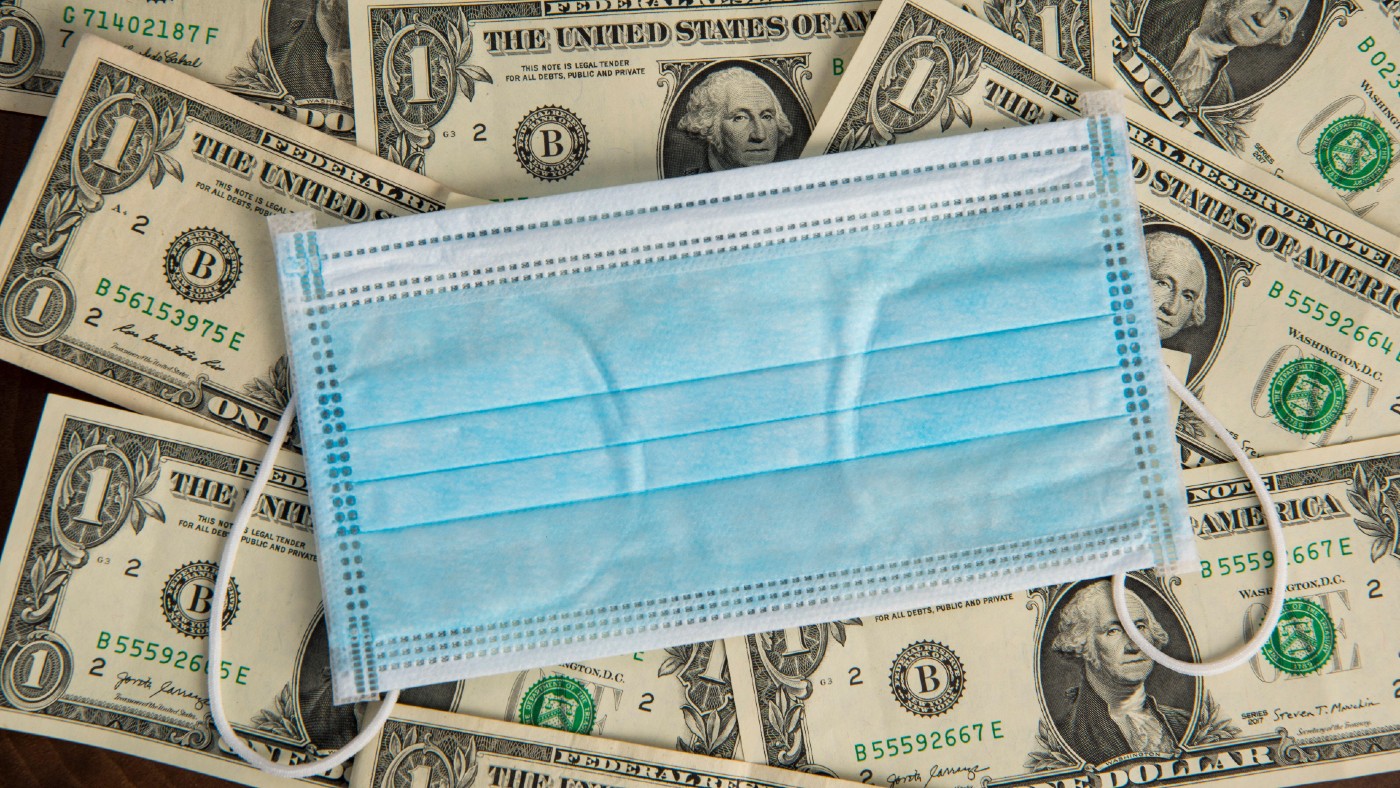
A free daily email with the biggest news stories of the day – and the best features from TheWeek.com
You are now subscribed
Your newsletter sign-up was successful
Since the start of the pandemic the world’s ten richest people have more than doubled their collective wealth, according to Oxfam. In its report on global inequality, the charity said that from March 2020 to October 2021, the fortunes of the top ten billionaires jumped from $700bn to $1.5trn – an average of $1.3bn per day.
While the pandemic has made the world’s super-rich get far richer, it has also led to more people living in poverty, the BBC reported. In the same timeframe that Elon Musk and the other nine billionaires cashed in, the incomes of 99% of the world’s population fell.
Inequality has contributed to the death of 21,000 people every day due to “a lack of access to healthcare, gender-based violence, hunger and climate change”, news agency AFP reported. As a result of lockdowns, lower international trade and less international tourism, 160m more people have been pushed into poverty.
The Week
Escape your echo chamber. Get the facts behind the news, plus analysis from multiple perspectives.

Sign up for The Week's Free Newsletters
From our morning news briefing to a weekly Good News Newsletter, get the best of The Week delivered directly to your inbox.
From our morning news briefing to a weekly Good News Newsletter, get the best of The Week delivered directly to your inbox.
“We enter 2022 with unprecedented concern,” Oxfam warned in its Inequality Kills report. The charity argues that the current global state of extreme inequality is a form of “economic violence” against the world’s poorest people and nations.
‘Off the scale’
A “surge” in share and property prices has widened the gap between rich and poor, The Guardian said. And Oxfam GB’s chief executive Danny Sriskandarajah believes the situation this year has been “off the scale”. While 99% of the world’s population are worse off, there has been a new billionaire created “almost every day during this pandemic”, he added.
The report calculates that 252 men have “more wealth than all one billion women and girls in Africa and Latin America and the Caribbean combined”, Al Jazeera reported. And the ten richest men in the world “own more than the least affluent 3.1 billion people”.
“Something is deeply flawed with our economic system,” Sriskandarajah said.
A free daily email with the biggest news stories of the day – and the best features from TheWeek.com
Windfall tax on Covid wealth gains?
In the first 20 months of the pandemic Tesla chief Musk saw his wealth increase ten-fold, according to Forbes magazine’s billionaires list. With his fortune growing by more than 1,000%, this catapulted him to the top of the world’s rich list above Amazon founder Jeff Bezos.
During a period when “technology stocks were soaring on Wall Street”, Bezos’s net wealth rose 67%, The Guardian said. Facebook’s Mark Zuckerberg saw his wealth double while Microsoft founder Bill Gates’s fortune increased by 31%.
Even during a global crisis “our unfair economic systems manage to deliver eye-watering windfalls for the wealthiest, but fail to protect the poorest”, Sriskandarajah said. He called on political leaders to take action on a “historic opportunity to back bolder economic strategies” and to change the “deadly course we are on”.
Oxfam has called for a one-off 99% windfall tax on the Covid wealth gains of the ten richest men, The Guardian reported. This would pay for “enough jabs to vaccinate the entire world and provide the resources to tackle climate change, provide universal healthcare and social protection, and address gender-based violence in 80 countries”. Even after a 99% levy, the top ten billionaires would be $8bn better off between them than they were before the pandemic, the charity said.
Mike Starling is the former digital features editor at The Week. He started his career in 2001 in Gloucestershire as a sports reporter and sub-editor and has held various roles as a writer and editor at news, travel and B2B publications. He has spoken at a number of sports business conferences and also worked as a consultant creating sports travel content for tourism boards. International experience includes spells living and working in Dubai, UAE; Brisbane, Australia; and Beirut, Lebanon.
-
 Quentin Deranque: a student’s death energizes the French far right
Quentin Deranque: a student’s death energizes the French far rightIN THE SPOTLIGHT Reactions to the violent killing of an ultra-conservative activist offer a glimpse at the culture wars roiling France ahead of next year’s elections.
-
 Secured vs. unsecured loans: how do they differ and which is better?
Secured vs. unsecured loans: how do they differ and which is better?the explainer They are distinguished by the level of risk and the inclusion of collateral
-
 ‘States that set ambitious climate targets are already feeling the tension’
‘States that set ambitious climate targets are already feeling the tension’Instant Opinion Opinion, comment and editorials of the day
-
 Britishvolt: how Britain’s bright battery hope was zapped
Britishvolt: how Britain’s bright battery hope was zappedfeature Battery-making startup’s demise ‘has thrown up tales of reckless spending’ and incompetence
-
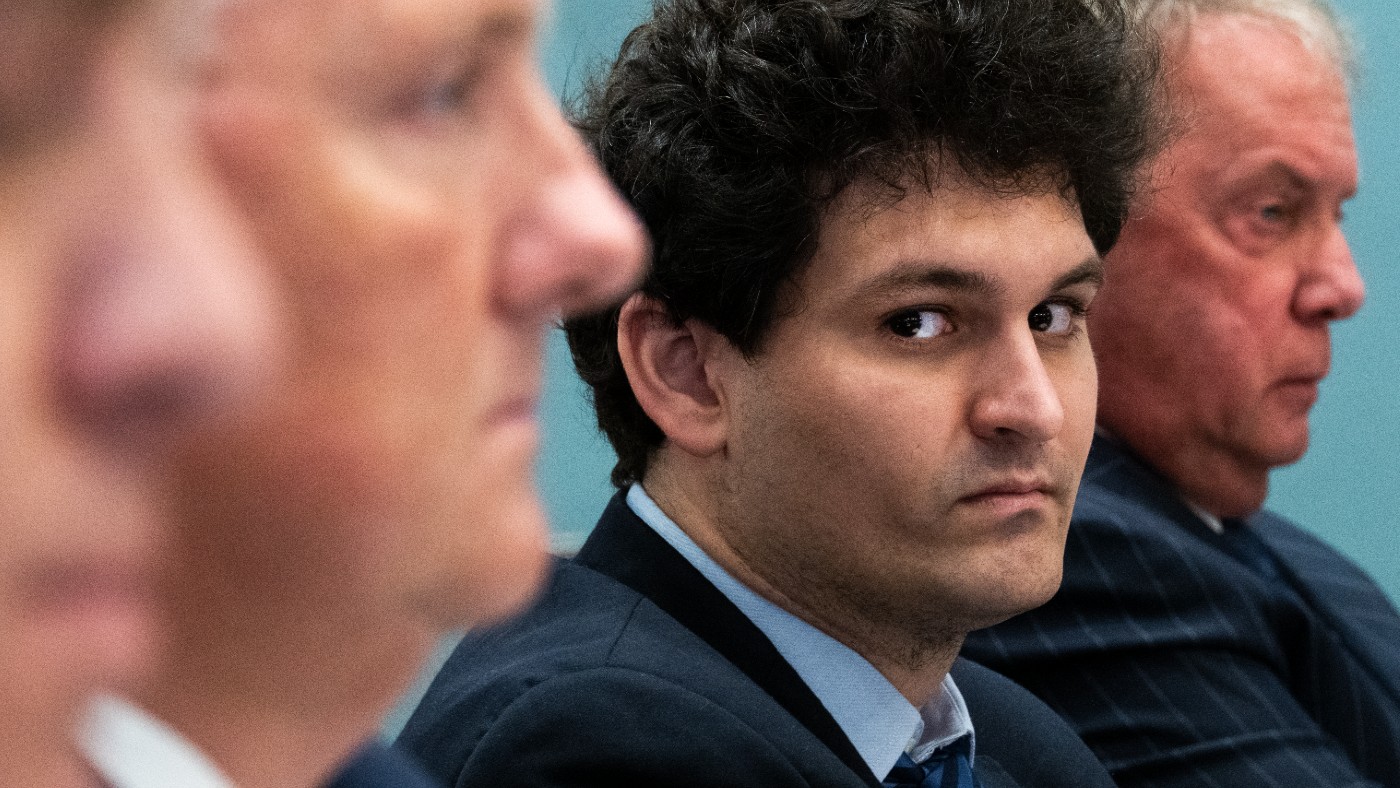 Sam Bankman-Fried: the arrest of the disgraced crypto crusader
Sam Bankman-Fried: the arrest of the disgraced crypto crusaderfeature The founder of the failed crypto exchange FTX was arrested on Monday
-
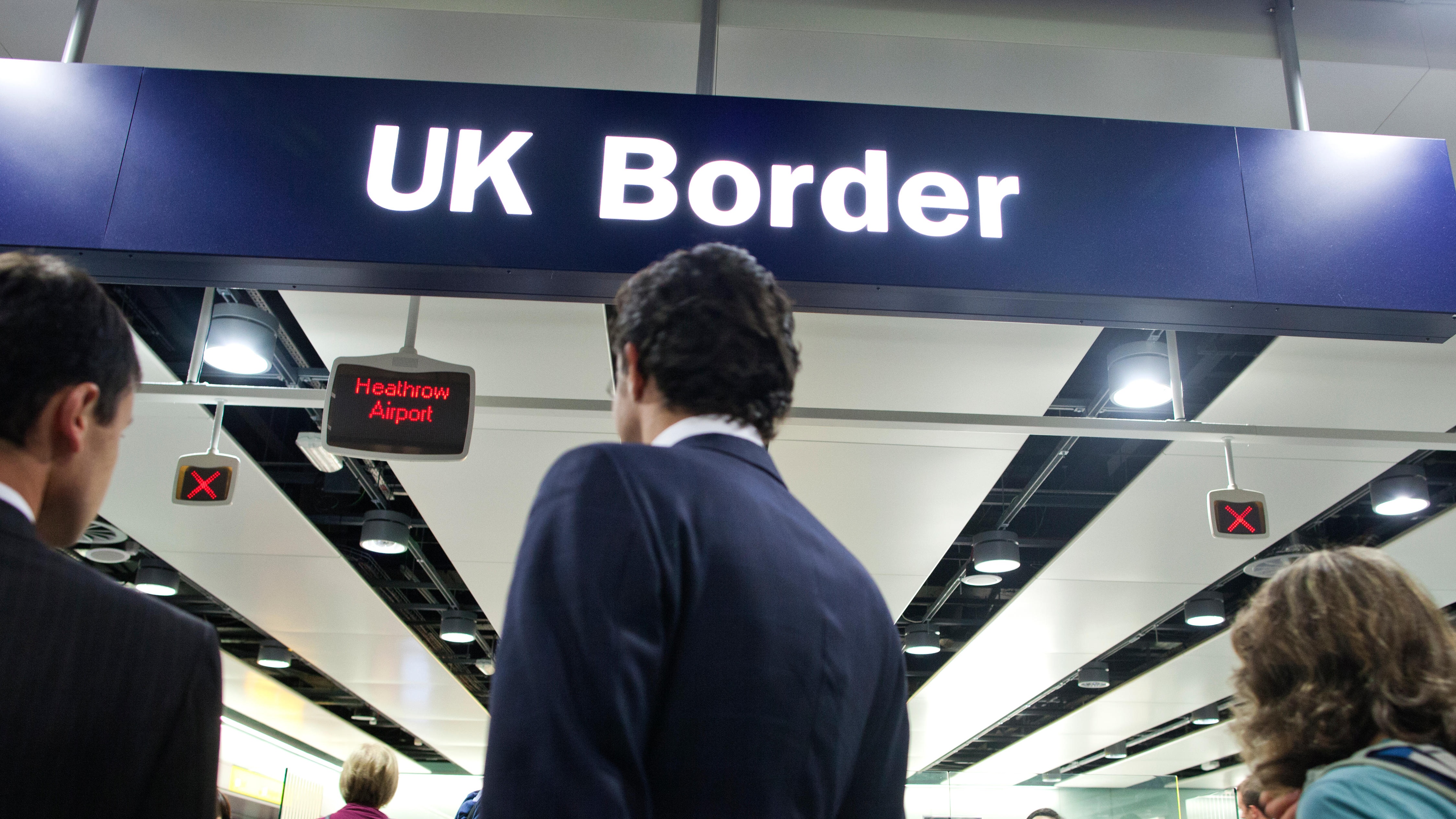 The UK’s migration ‘surge’ examined
The UK’s migration ‘surge’ examinedfeature 1.1 million people migrated to the UK last year, according to the latest ONS data
-
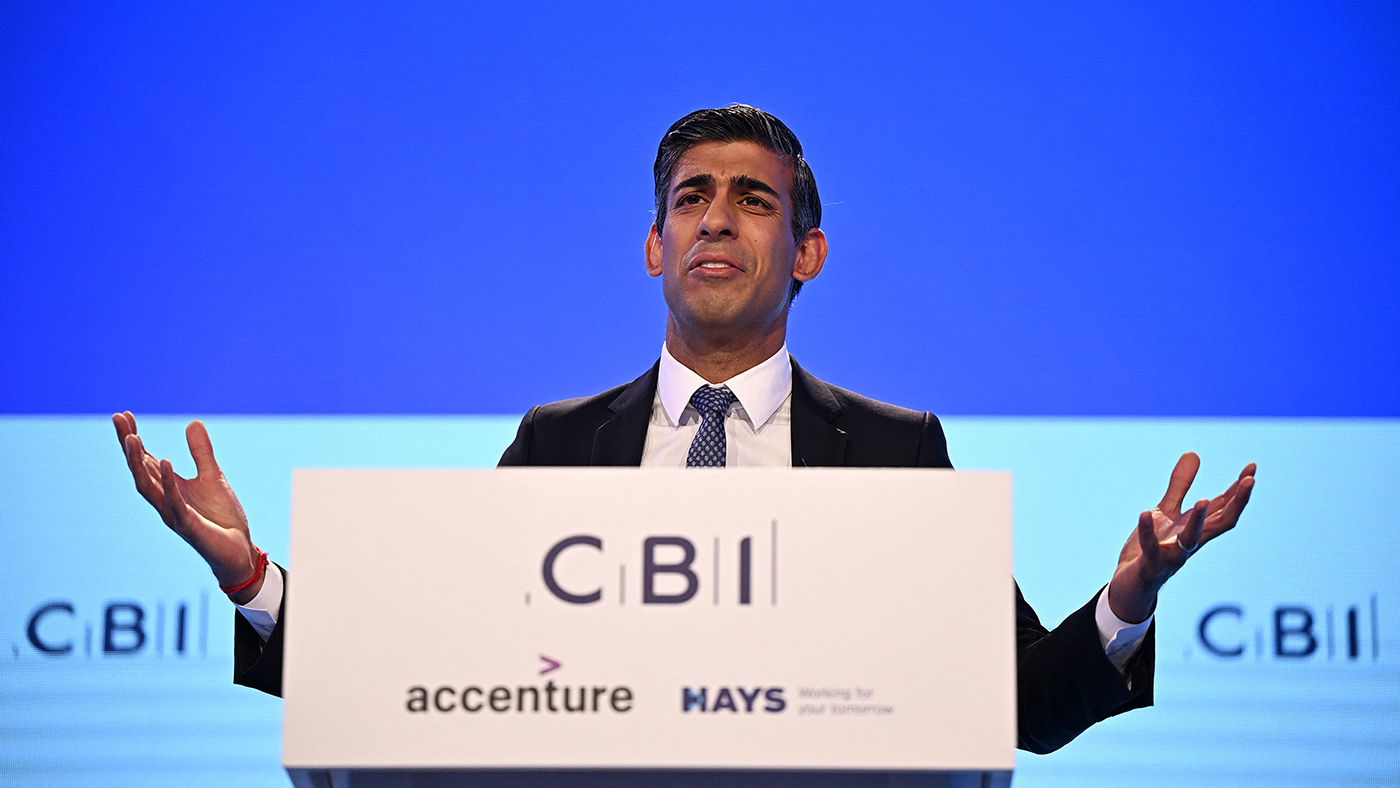 Why UK companies are facing a dystopian, zero-growth future
Why UK companies are facing a dystopian, zero-growth futurefeature In prioritising stability, the Treasury risks ‘stifling enterprise and entrepreneurship’
-
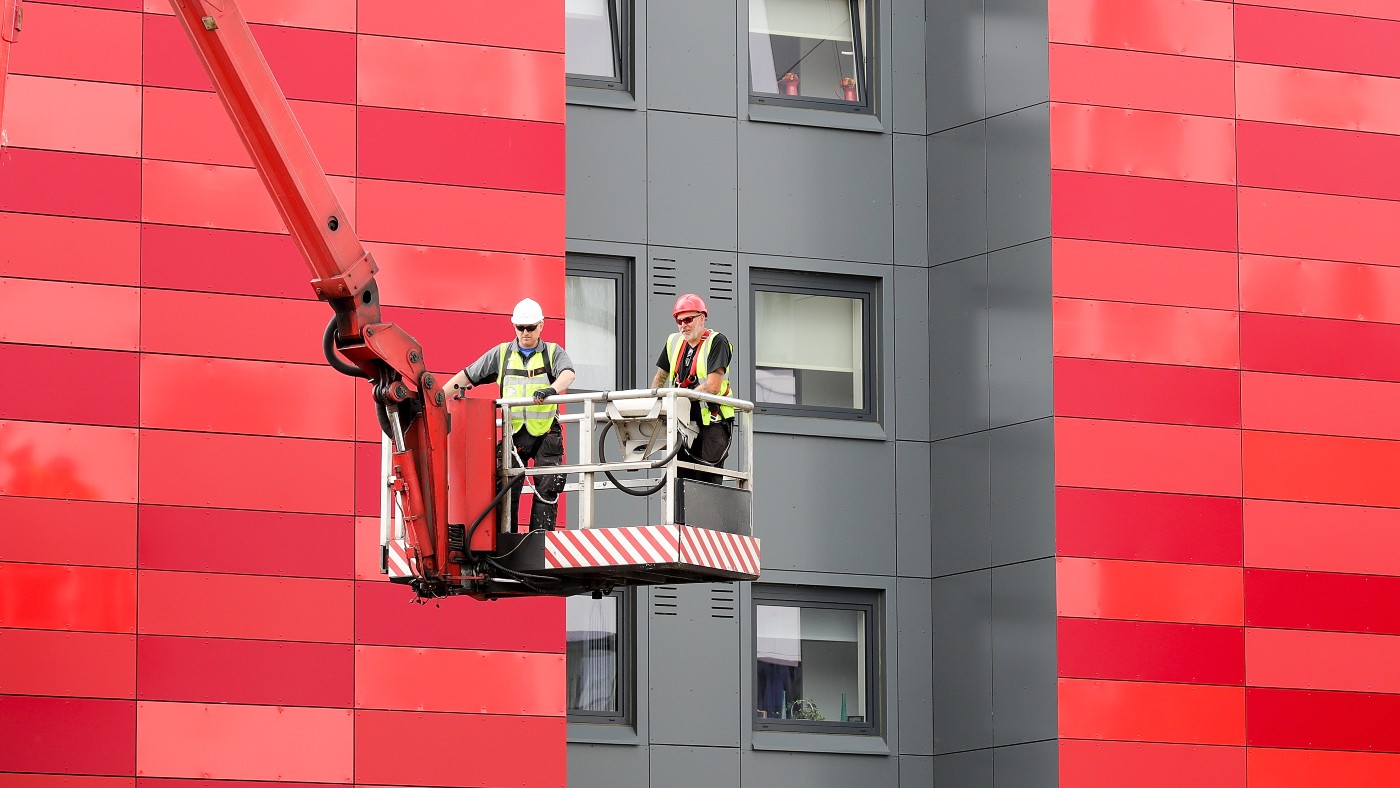 UK builders: drawing a line under the cladding crisis?
UK builders: drawing a line under the cladding crisis?feature Michael Gove’s threat to builders may be paying off
-
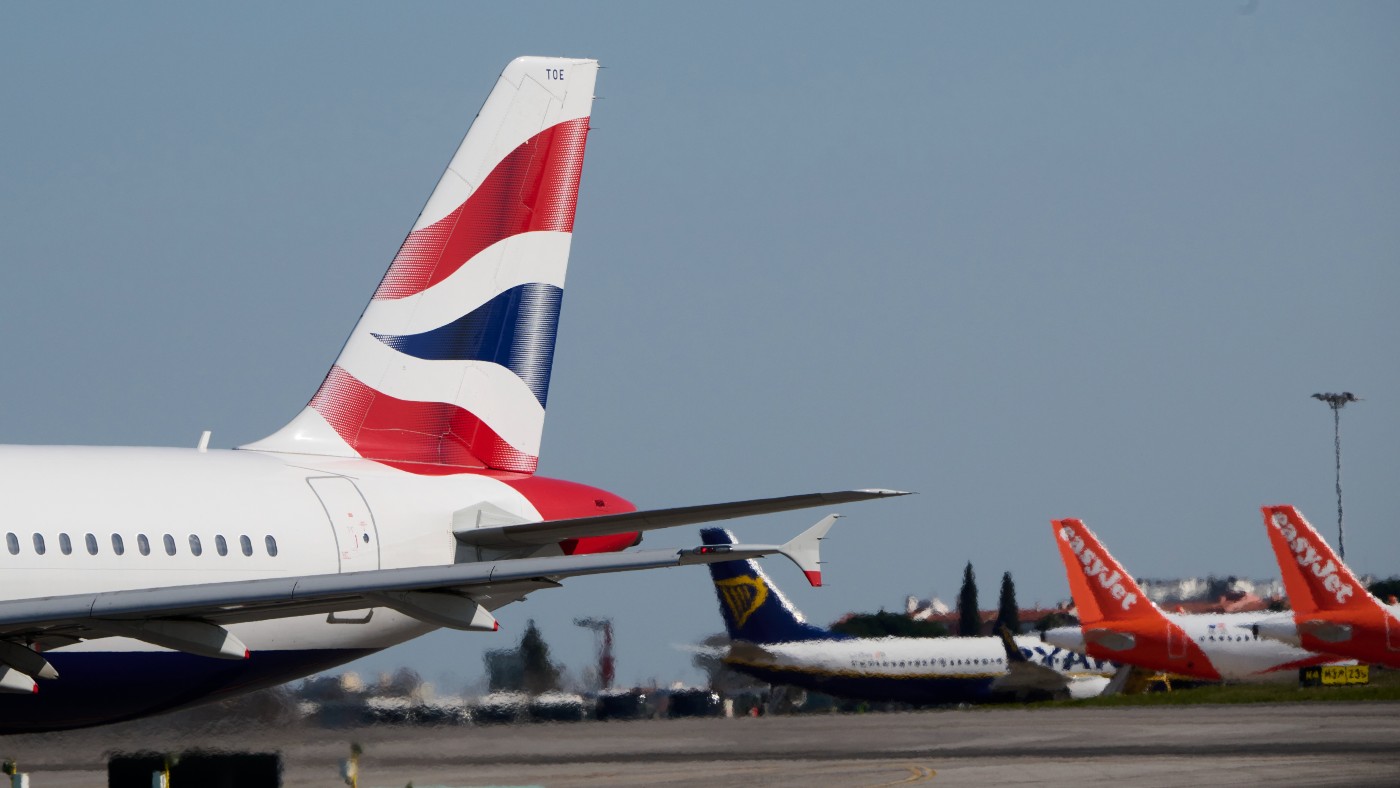 Travel is back: is the UK aviation industry ready for the big take-off?
Travel is back: is the UK aviation industry ready for the big take-off?feature After two years of chaos caused by Covid-19, airports and airlines are now hit by a staffing crisis
-
 National Lottery operating licence: and the winner is…
National Lottery operating licence: and the winner is…feature Camelot has ‘outlasted five prime ministers’, but following a hotly contested bidding process, it has finally been toppled
-
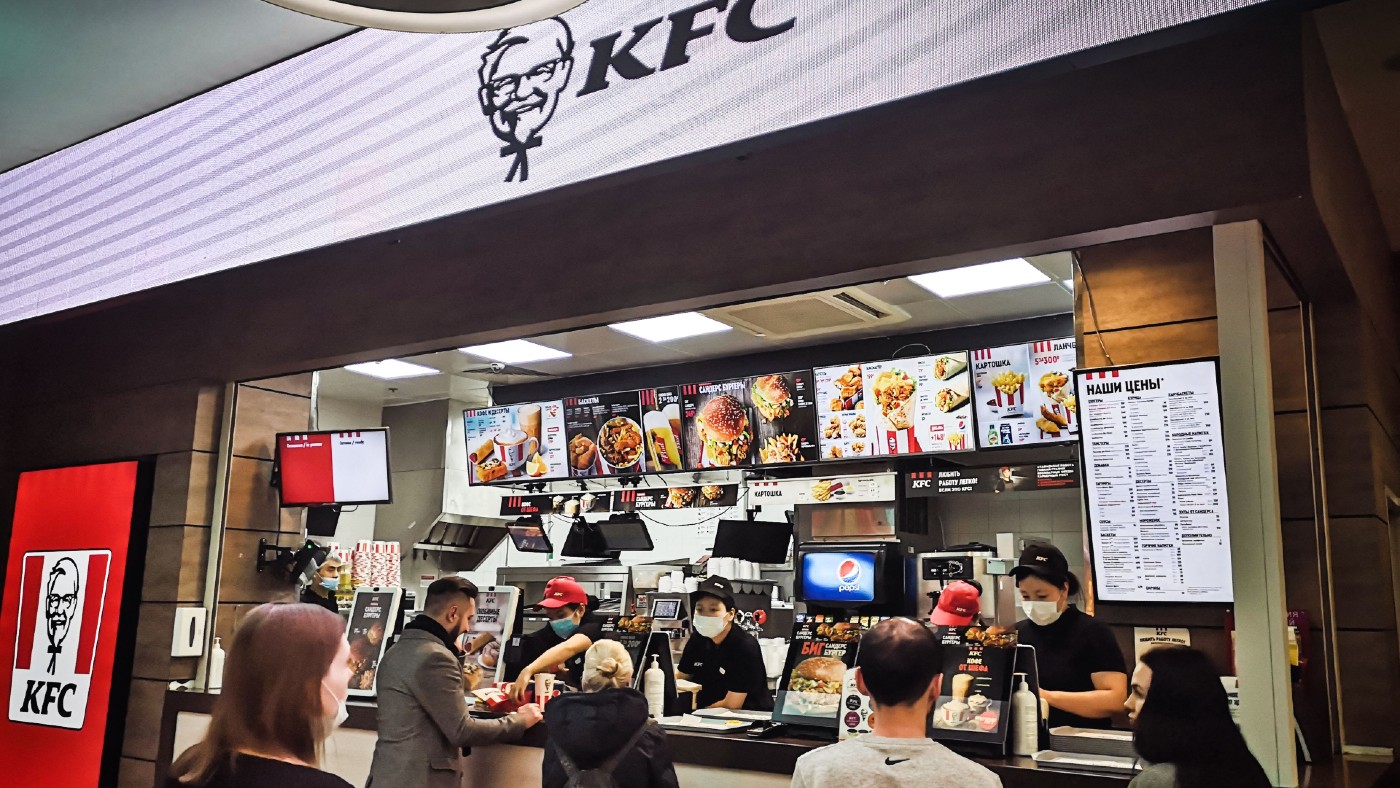 Big brand boycotts in Russia: who is in and who is out?
Big brand boycotts in Russia: who is in and who is out?feature Hundreds of Western companies have pulled out of Russia, but some remain